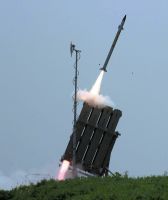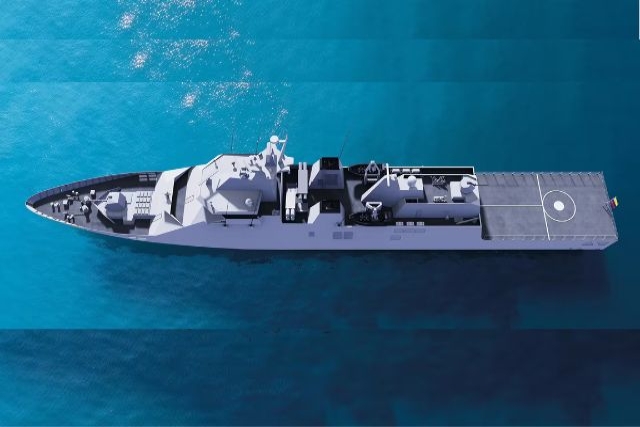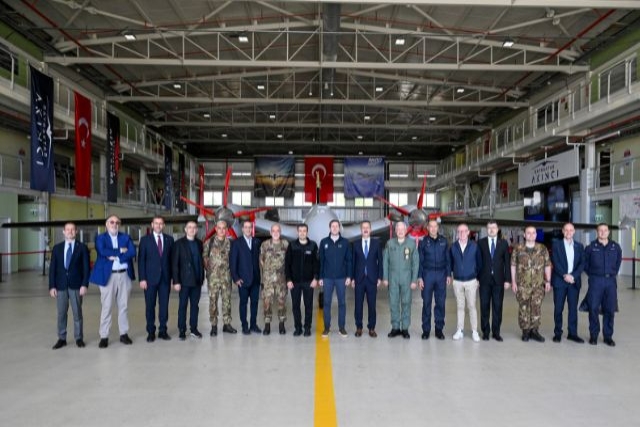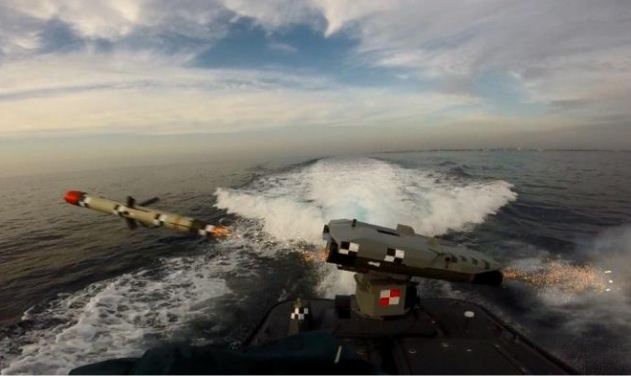Iron Dome Unsuccessful, Israel Withholding Information, Says Study
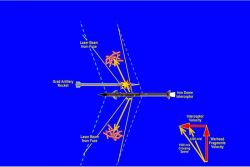
Israel’s Iron Dome may not be all that it has been touted to be, according to a report published by the Bulletin of the Atomic Scientists.
Since the start of the Palestinian conflict Israel has carefully marketed the Iron Dome and has generated great attention from international media on its operational success.
According to a study conducted by the Bulletin of the Atomic Scientists, starting with the November 2012 conflict, “a detailed review of a large number of photographs of Iron Dome interceptor contrails revealed that the rocket-defense system's success rate was very low—as low as 5 percent or, perhaps, even less.”
A variety of media outlets have attributed the low casualty number to the supposed effectiveness of the Iron Dome system, quoting Israeli officials as saying it has destroyed 90 percent of the Hamas rockets it targeted, it adds.
The reports also adds that a close study of photographic and video imagery of Iron Dome engagements with Hamas rockets—both in the current conflict and in the 2012 hostilities—shows that the low casualties in Israel from artillery rocket attacks can be ascribed to Israeli civil defense efforts, rather than the performance of the Iron Dome missile defense system.
The collection of data for Iron Dome's performance in July 2014 is still in progress, the review goes on. The data we have collected so far, however, indicates the performance of Iron Dome has not markedly improved.
According to the IDF, 255 rockets have hit Israel since the start of the operation. Only 71 were intercepted by the Iron Dome. Local media reports however suggest that over 600 rockets have been fired at Israel as of mid-July, about 150 of which were intercepted by Israel’s Iron Dome missile defense system.
To successfully intercept an artillery rocket of the type Hamas has been firing, an Iron Dome interceptor must destroy the warhead on the front end of the rocket. If the Iron Dome interceptor instead hits the back end of the target rocket, it will merely damage the expended rocket motor tube, basically an empty pipe, and have essentially no effect on the outcome of the engagement. The pieces of the rocket will still fall in the defended area; the warhead will almost certainly go on to the ground and explode, the study further explains.
The timing of this sequence of events is critical to performance. The Iron Dome interceptor must account not only for the location of the target-rocket’s warhead, but also for the high crossing speed of the Iron Dome interceptor and the artillery rocket; for any off-parallel orientation of the Iron Dome interceptor relative to the artillery rocket; for the distance between the interceptor and rocket when the interceptor's explosive warhead goes off; and for the speed of the shrapnel fragments shooting from the warhead.
Iron Dome’s “success” has already has the United States seeking participation in developing the counter-missile system.
Earlier in June, The U.S. House of Representatives tripled the funding requests of Israeli missile defense systems from $96 million to $284 million, following the increases in U.S. support for the Israeli missile programs.
The U.S. financial backing for the missile defense systems began in the 1980s with the high-altitude Arrow program.
The U.S. House Armed Services Committee recently approved the $284 million funding hike. That includes an additional $15 million in funding for the Iron Dome system developed by Rafael.
Meanwhile South Korea is reportedly interested in buying Israel's Iron Dome missile system, manufacturer Rafael Advanced Defense Systems said August 10.
Rafael CEO Yedidia Yaari said the system’s performance had fuelled foreign interest in it, including by South Korea, which is in an armed standoff with North Korea.
“[South Korea] is very worried not only about rockets, but other things as well ... You can certainly include them in the club of interested countries,” Yaari told Israel’s Army Radio, saying Rafael representatives had visited Seoul to promote Iron Dome.
It's the only one of Israel's anti-missile weapons that's been tested in combat, and also the only one of those programs in which U.S. has not participated, and thus had no access to the advanced technology involved.
Iron Dome, the bottom tier of the Israeli anti-missile shield, is designed to intercept short-range missiles and rockets. Its unique feature is its computerized fire-control system, which can determine the trajectories of hostile missiles.
It only engages those that will hit populated areas and ignores those that won't.
